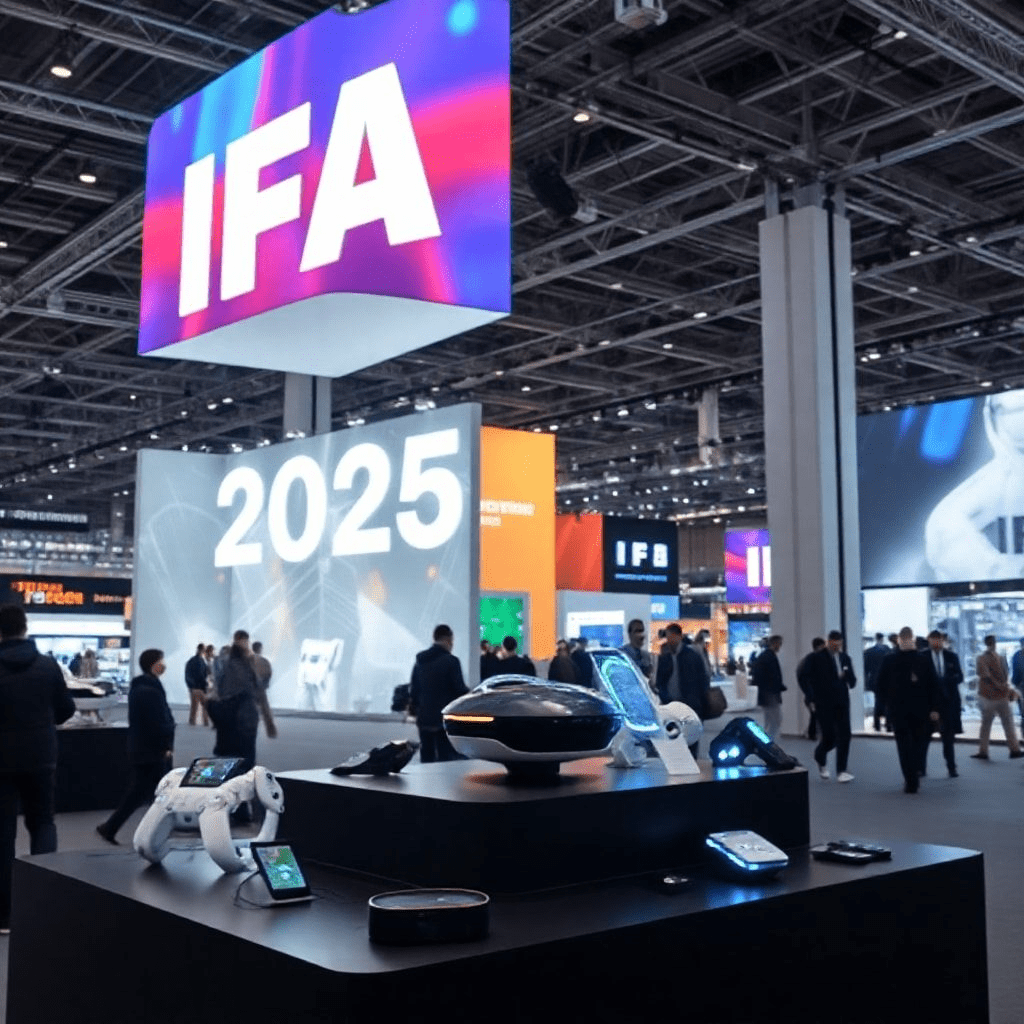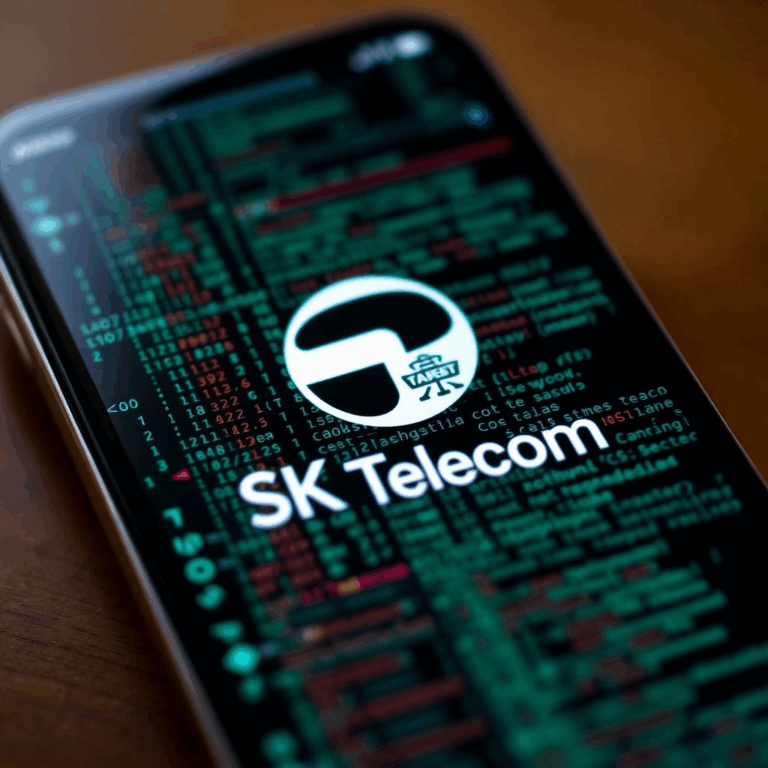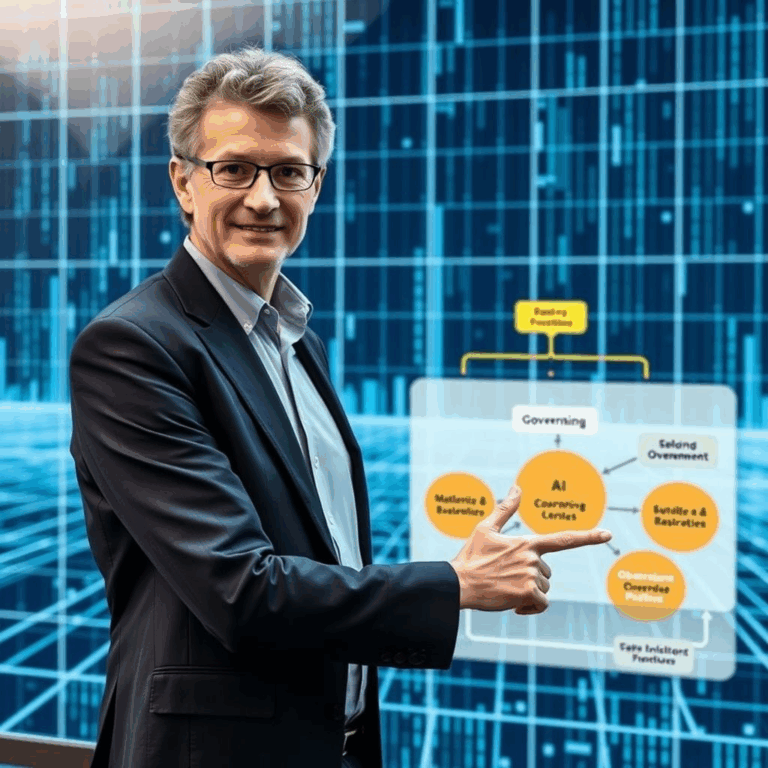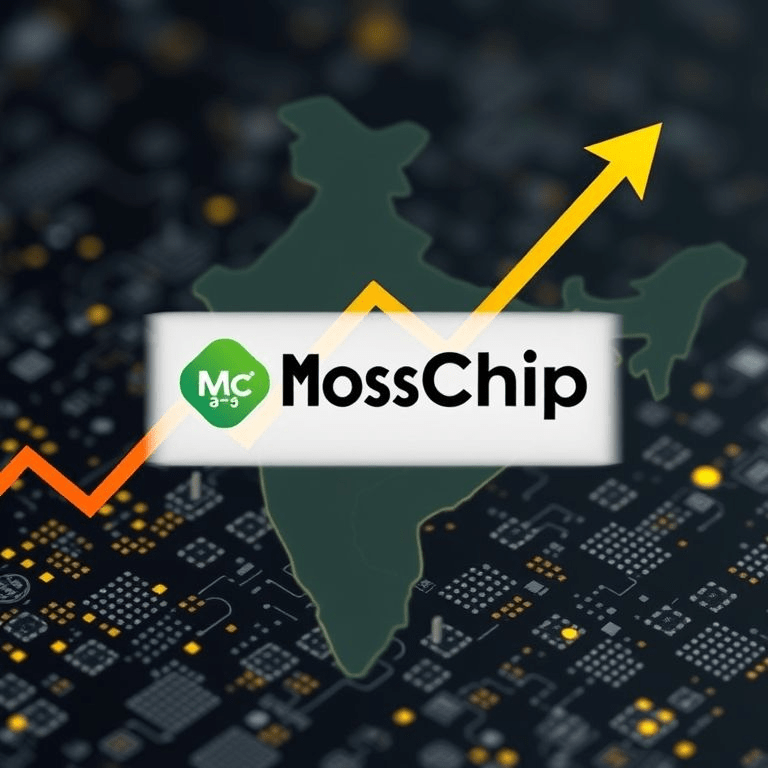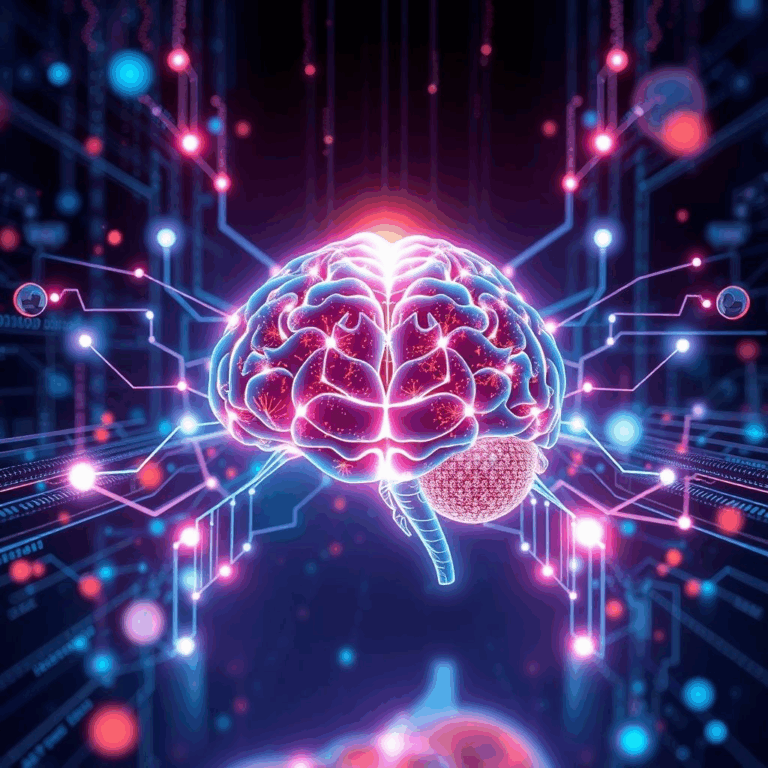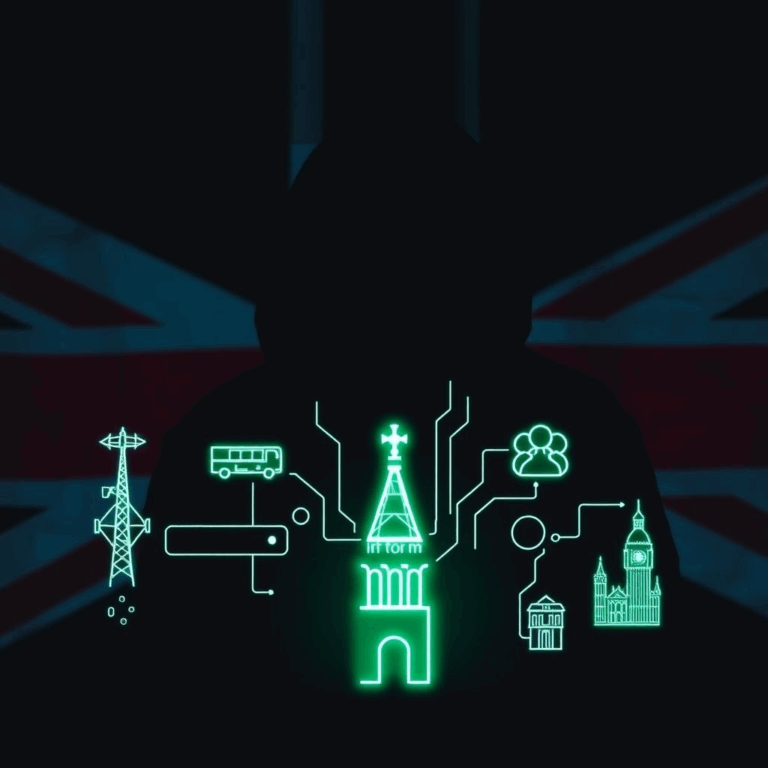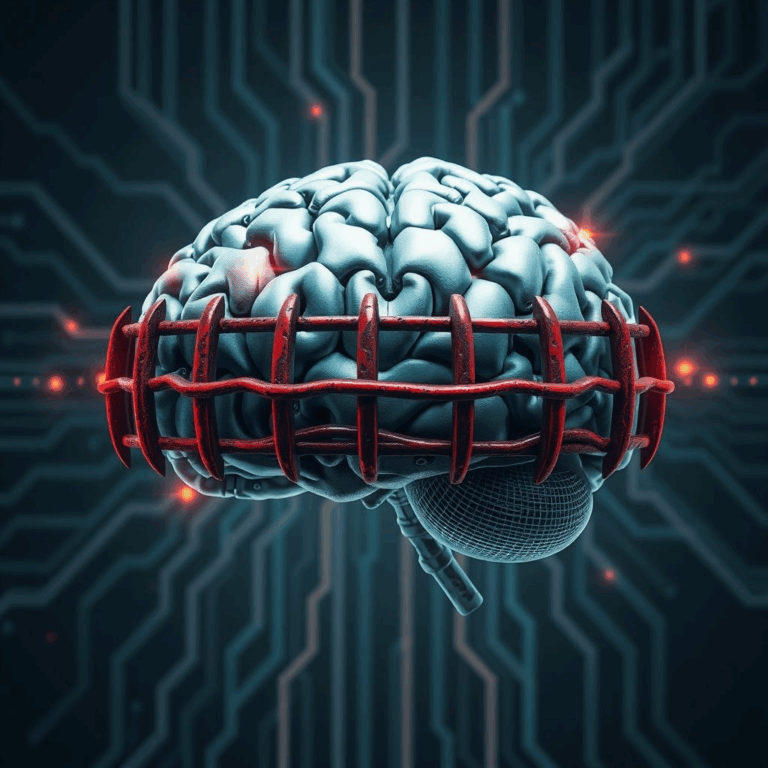Berlin Welcomes the World’s Largest Tech Expo
Berlin has once again transformed into the global hub of consumer technology as the 101st edition of the Internationale Funkausstellung (IFA) officially opened this week. Taking place from September 2–6, 2025, IFA 2025 marks over a century of innovation, attracting global giants like Samsung, LG, Sony, and Bosch, alongside hundreds of startups eager to disrupt the market.
The event, often referred to as Europe’s CES, remains one of the most influential technology showcases, unveiling cutting-edge advancements across artificial intelligence (AI), smart devices, wearable technology, entertainment systems, and sustainable living solutions.
Unlike previous years, IFA 2025 emphasizes one unifying theme: AI as the backbone of modern living. From refrigerators that suggest recipes based on what’s inside, to AR glasses with real-time translation, this year’s event highlights how deeply integrated artificial intelligence has become in consumer technology.
A Century-Long Legacy of Innovation
Founded in 1924, IFA has been at the forefront of introducing transformative technologies to the world.
- In the 1930s, IFA debuted the first commercially available radio receivers.
- In the 1950s, it introduced the world’s first color televisions.
- By the 2000s, the expo had evolved into a showcase for smart home devices, digital cameras, and flat-screen TVs.
Now, in 2025, the expo’s focus is on artificial intelligence, sustainability, and immersive digital experiences. Organizers describe this year’s edition as a defining moment, where consumer electronics are no longer just tools but intelligent companions shaping daily life.
Key Announcements and Product Launches
1. AI-Powered Smart Homes
Samsung unveiled its Smart Living Hub 2.0, a platform that connects appliances, lighting, and entertainment devices through generative AI. The hub can now predict household needs—such as adjusting thermostat settings before weather changes or suggesting meal plans based on health data.
LG showcased refrigerators that use AI vision systems to analyze stored food and recommend healthy recipes, reducing waste. Bosch presented washing machines that optimize detergent usage, saving both money and the environment.
2. Next-Gen Wearables
Wearable technology stole the spotlight at IFA 2025. Sony revealed AR Vision Glasses, lightweight augmented reality eyewear offering real-time translation, fitness tracking, and even virtual meeting features.
Startups also impressed: a Berlin-based company introduced health-tracking earbuds capable of monitoring stress, heart rate variability, and hydration levels. Analysts predict such wearables could redefine digital health monitoring.
3. Entertainment Innovations
IFA has always been a platform for showcasing the future of home entertainment. This year, Samsung and LG competed with 8K OLED televisions boasting foldable screens for multipurpose use.
Meanwhile, European startup SoundSphere introduced 360-degree immersive sound systems, designed to replicate live concert experiences in living rooms. Analysts expect this to mark the next frontier in home audio.
4. Sustainability Front and Center
Sustainability emerged as a leading theme at IFA 2025. Many exhibitors focused on eco-friendly appliances built with recyclable materials and modular components for longer life cycles.
Dyson showcased a vacuum cleaner made with 70% recycled plastics, while startup GreenTech revealed a solar-powered portable charger capable of powering laptops on the go. The message was clear: the future of consumer electronics must align with environmental responsibility.
Industry Reactions and Expert Insights
The tech community has widely praised IFA 2025 for reflecting real consumer priorities.
- Analysts note that AI is no longer an accessory but the core of consumer electronics.
- Sustainability experts applauded the strong emphasis on eco-friendly technology, describing it as “a long overdue step to make innovation responsible.”
- Attendees shared enthusiasm on social platforms, highlighting the practicality of AI-powered devices rather than just futuristic concepts.
According to Dr. Markus Schneider, a Berlin-based technology researcher, “IFA 2025 shows us that consumer technology has matured. The focus is not just on wow-factor, but on solving everyday problems with intelligence and sustainability.”
The Broader Impact of IFA 2025
The announcements and innovations at IFA 2025 are expected to shape global tech trends for the next 12–18 months.
- For Consumers: AI-powered personalization will soon become standard in home appliances and entertainment devices.
- For Manufacturers: The competition is shifting from hardware design to AI software ecosystems that differentiate user experiences.
- For the Market: Sustainability is no longer optional—companies that fail to adopt eco-conscious practices risk losing relevance.
Global supply chains are also expected to pivot toward integrating AI chips and sustainable materials, further transforming how consumer electronics are produced.
Future Outlook: The Next Decade of Consumer Tech
IFA 2025 provides a clear preview of the tech trends that will dominate the coming decade:
- AI Everywhere: From kitchens to wearables, AI will serve as the invisible assistant powering daily life.
- Seamless Integration: Devices will increasingly communicate with each other, creating an ecosystem of intelligent living.
- Sustainability as Standard: Green design will evolve from being a niche feature to an industry-wide requirement.
- Immersive Experiences: Entertainment systems will focus on realism, personalization, and multi-sensory engagement.
Industry experts believe IFA 2025 signals a shift toward consumer electronics as lifelong companions rather than simple tools—smart devices that grow, adapt, and evolve with their users.
Conclusion
IFA 2025 is not just a showcase of gadgets—it’s a glimpse into the future of living. By combining artificial intelligence, sustainable design, and immersive technologies, this year’s event highlights how far the industry has come and where it is headed.
As the world leaves Berlin with new insights and innovations, one thing is certain: the future of consumer electronics will be intelligent, eco-conscious, and deeply personal.

